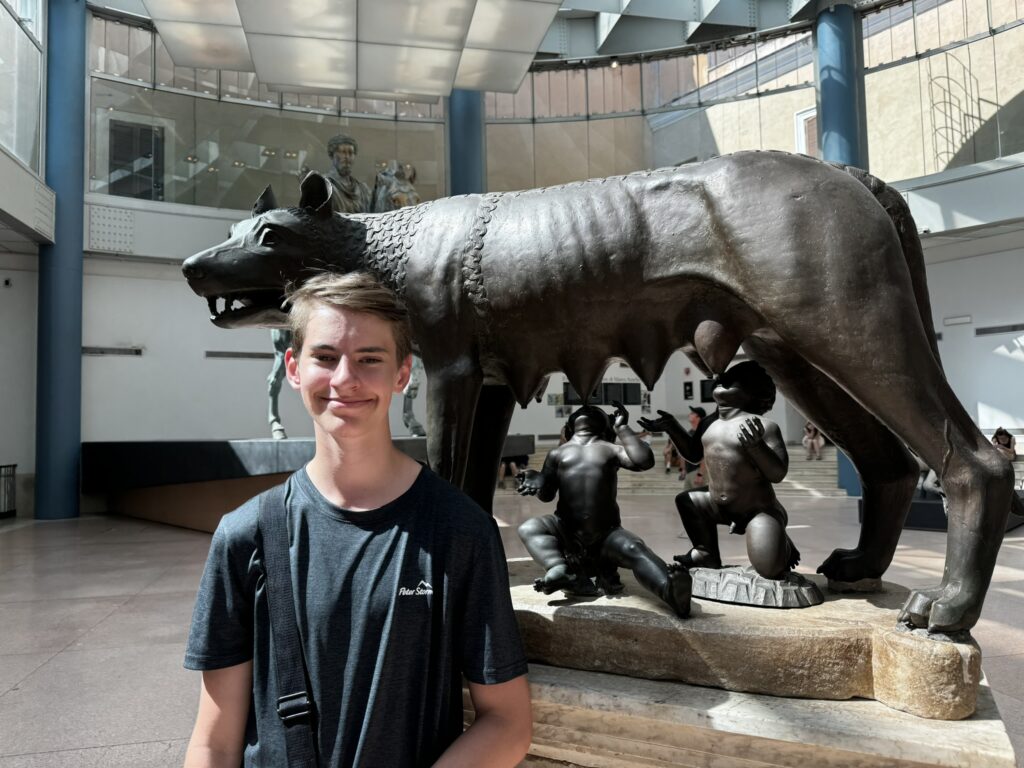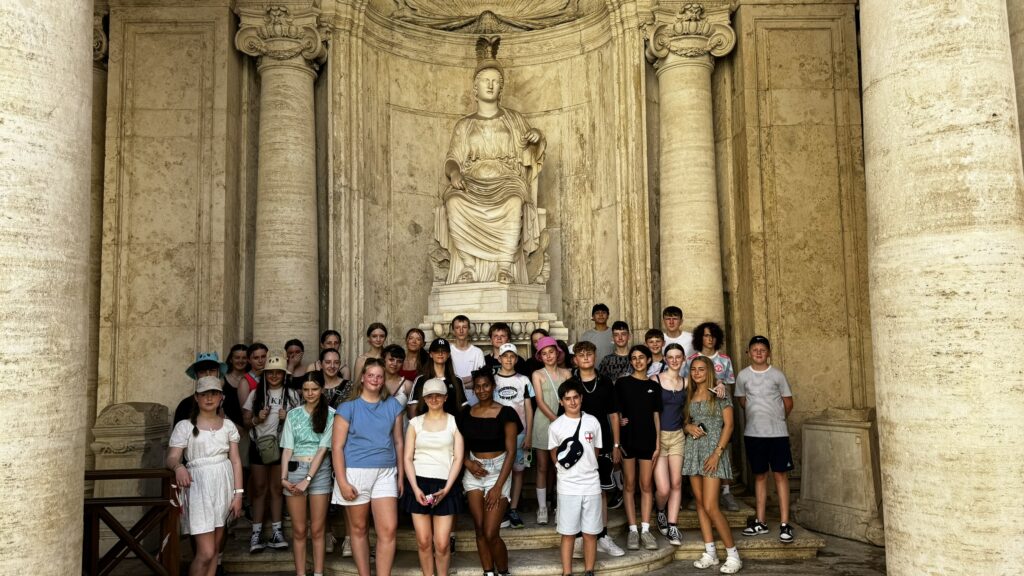Subject Leader & Head of Faculty
Mr M Jayasuriya – mjayasuriya@oriel.w-sussex.sch.uk
Teaching Staff
Mr L Hope – lhope@oriel.w-sussex.sch.uk

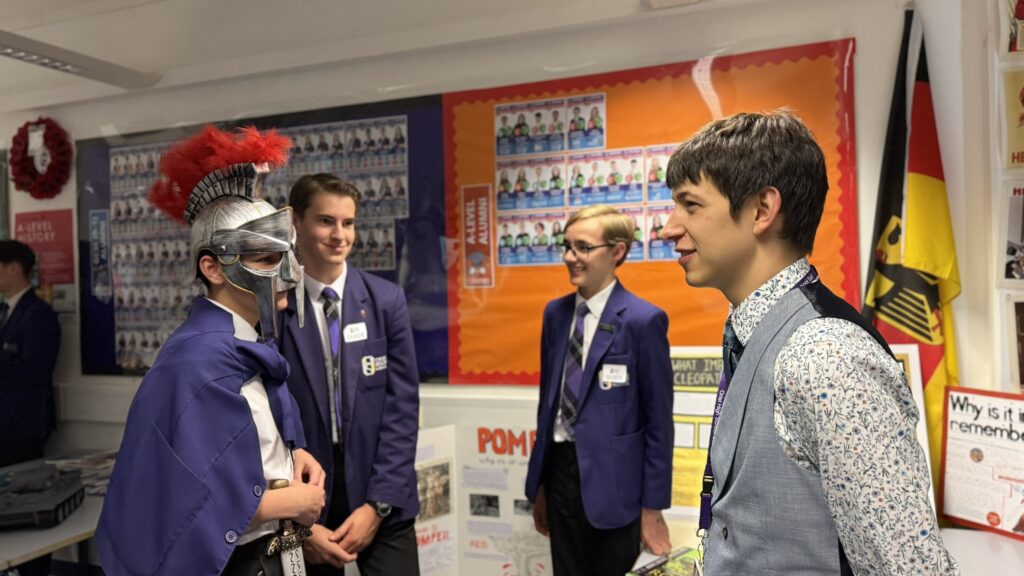
Curriculum Intent
At Oriel, our History curriculum is designed to inspire lifelong learning and empower students to excel. We focus on students’ individual needs, providing a comprehensive understanding of Britain’s past and the wider world. Our goal is to develop confident historians who can think critically and communicate effectively.
In line with our whole-school Curriculum Intent, our subject curriculum aims are:
- Aim 1: Foster Successful Historical Learning
- Aim 2: Ensure Seamless Transition and Preparedness
- Aim 3: Highlight the Relevance of History Inside and Outside the Classroom
- Aim 4: Support and Challenge All Students to Achieve Success
- Aim 5: Inspire Passion for History
Through these aims, we aspire to nurture a new generation of passionate and capable historians.
Core Curriculum Frameworks
Our curriculum integrates chronological, substantive, and disciplinary concepts to help students build a comprehensive understanding of history. By embedding these concepts, we enable learners to see the connections between events, understand the progression of time, and critically analyse historical sources and narratives.
- Chronological understanding develops students’ ability to sequence events and recognize patterns of change and continuity over time, fostering a clear sense of historical progression.
- Substantive concepts provide a framework for exploring the big ideas that underpin historical study, helping students connect topics, understand complex themes, and engage with the deeper significance of events.
- Disciplinary concepts cultivate critical thinking by teaching students how to analyse sources, evaluate interpretations, and construct evidence-based arguments. Together, these elements empower students to think historically, make connections across time and place, and engage meaningfully with the past.
To support this, we use bespoke visual icons that clearly identify which concept or framework is being tackled in every lesson. This approach benefits all types of learners, providing clarity, aiding memory retention, and ensuring consistent reinforcement of key ideas throughout the curriculum.
GCSE (9–1) History Curriculum
The intent of the GCSE Ancient History curriculum is to provide students with a comprehensive understanding of the ancient world, exploring key periods, events, and figures that have shaped the foundations of civilization.
In Component 1: Greece and Persia, students will engage in a compulsory period study of The Persian Empire, analysing its structure, achievements, and interactions with neighbouring states. They will also delve deeper into the chosen depth study, examining the life, campaigns, and legacy of Alexander the Great, one of history’s most renowned leaders as part of the chosen depth study.
In Component 2: Rome and its Neighbours, students will explore a longer period study focusing on The Foundations of Rome, investigating how Rome grew from a small settlement into a dominant power. The chosen depth study will take students into the dynamic world of Cleopatra, Rome, and Egypt, analysing her role in Roman politics and her influence on the ancient world.
Our exam board for GCSE (9–1) is OCR. This curriculum encourages students to critically analyse ancient sources, evaluate interpretations, and develop their understanding of how the past has shaped modern perspectives.
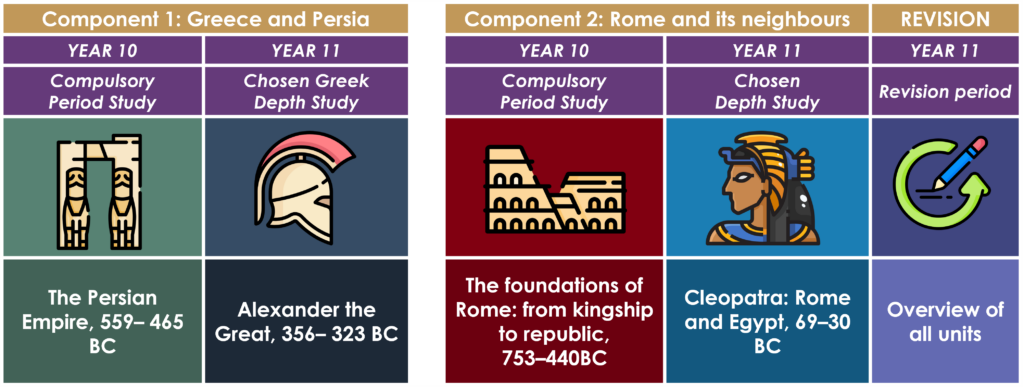
Learning Outside the Classroom
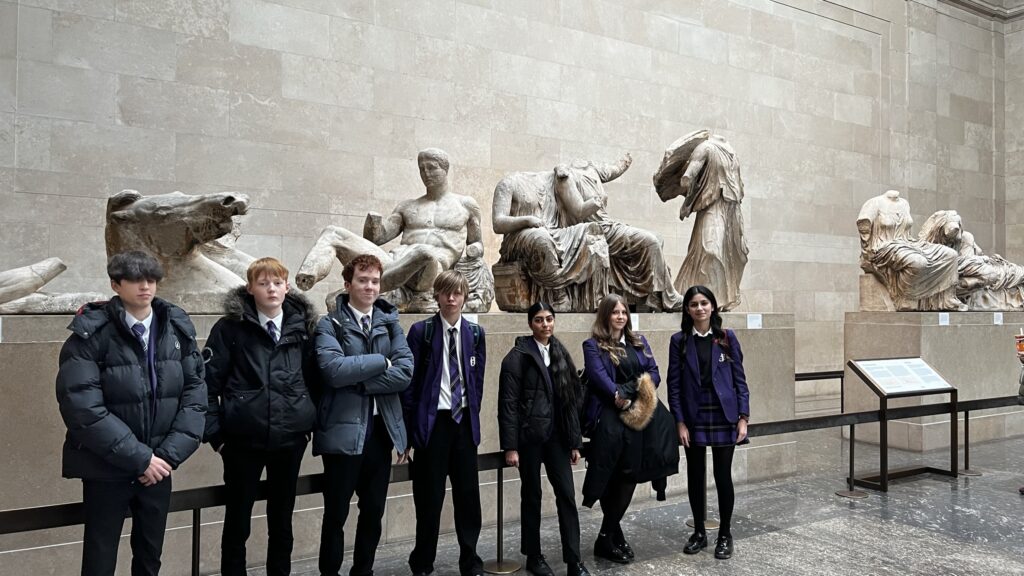
History Enrichment
The History Department greatly values the importance of opportunities to provide a sense of History ‘beyond the classroom’, helping our students experience the relevance of our subject beyond the national curriculum.
Day trips: The British Museum
The staple trip for the study of Ancient History is The British Museum in London. The British Museum’s collection is world-renowned and directly supports the study of Ancient Greece, Persia, and Rome. Students can see artifacts and relics from the periods they are studying.
Residential trips
During Oriel’s Activities Week, we previously ran our staple residential tour for key stage three students to Rome (2019, 2022, 2023 and 2024); allowing students to experience the historical, social and cultural sights Rome has to offer. Many of our students currently studying GCSE Ancient History have benefited from this learning experience in supporting their Component 2 study of The Foundations of Rome.
